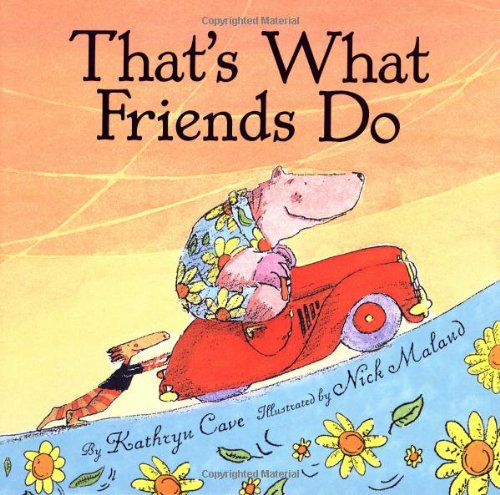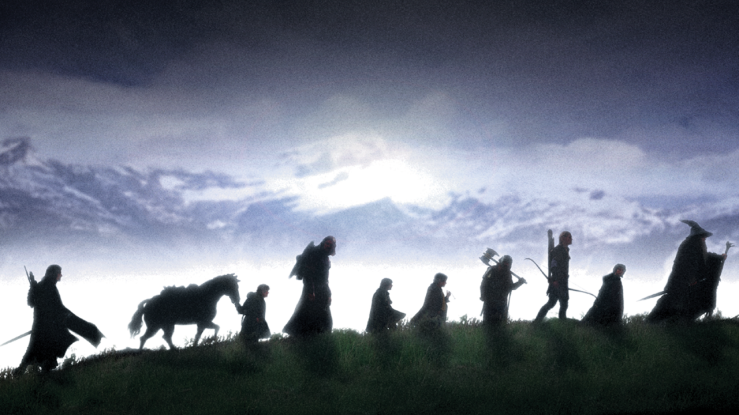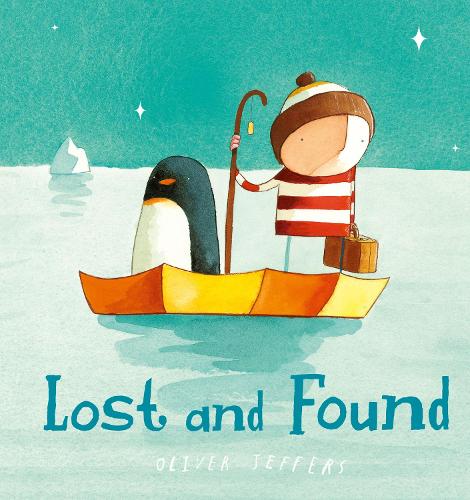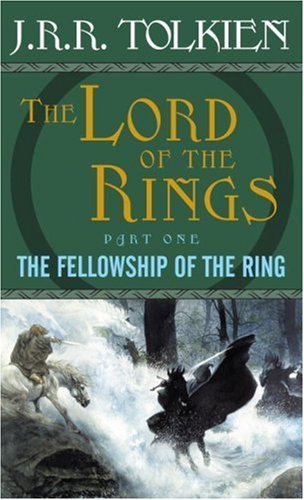By
Nick Cross
 |
| Photo by Clare Helen Welsh |
If you weren’t at the SCBWI British Isles conference last month, you might be asking yourself: “What is
The Hook and why should I care about it?” Well, it’s a kind of
X Factor/
Dragon’s Den for children’s writers and illustrators. A bunch of attention-starved, approval-hungry lunatics stood onstage in front of four agents and 200 of their peers, and spent five minutes each pitching the hell out of their books. The whole crazy enterprise was ably coordinated by Zoë Cookson, with her presentational partner-in-crime Kate Mallinder.
 | Zoë and Kate |  |
Anyway, I did it. I managed to get up on stage without falling over, kept pretty much to time and successfully synchronised my pitch with a complex animated slide deck. But (spoiler alert) I didn’t win - that honour fell to Catherine Whitmore and her excellent pitch for
Too Big for Her Boots.
I could lie about it, but the truth is I was disappointed not to win. Desperately disappointed. I didn’t flounce off in a huff, but I did want to be alone in my defeat. I left the conference quietly and walked down the hill to central Winchester, the voice of my inner critic ringing in my ears.
I truly believe that these moments, the moments when we’re at our lowest ebb, are the ones where we really get to choose between winning and losing. I put in my headphones, put on my favourite music and by the time I was back at the hotel twenty minutes later I had a plan. Instead of sitting around my room, stewing in my own juices, I went out, got a coffee and spent the next hour doing some final edits to my book. That hour reminded me why my book is awesome and why my faith in it is well-placed. I got back on the horse.
 |
| No, no! That was a metaphor, you idiot! |
The irony of doing something like
The Hook, is that the five minutes when I was onstage pitching was genuinely the easiest part of the whole process. What the audience couldn’t see were the months of preparation that led up to that moment.
I first had the idea of entering
The Hook back in February. I remember mentioning it in conversation at the Undiscovered Voices 2018 launch party, and again a couple of months later when I met Jan Carr (the original creator of
The Hook) at a book launch. Jan cautioned me that even getting selected was tough, with the number of entrants increasing yearly. I took that information on board and began to evolve a plan about how I might deliver my pitch, sketching out ways to introduce the world of the novel. Even then, I knew that I wanted to do something ambitious with my slides, to maximise the visual opportunities afforded to me as a writer/illustrator.

In tandem, I was working on the book all through the year, writing and rewriting, designing and redesigning. Ideas for the novel and ideas for the pitch intertwined, in the same way that the writing and illustrating processes informed each other. I knew that the timing was right for me to be finished by November, or perhaps the deadline made sure that happened. Either way, I was itching to reveal the book to the world, but it seemed to be a long time before applications to
The Hook opened.
Luckily, the previous year’s conference website was still live, so I was able to get all the entry details in advance. The length of the extract I needed to submit seemed incredibly short (600 words) and when I looked at my large format illustrated layouts I realised that would be less than three pages of content. So I made a smaller format (A5) version with six pages, especially for
The Hook.
I was so ready that once the competition opened, I submitted everything a month before the closing date! But I still had to wait as long as everyone else to find out if I’d made it through. I was pretty confident, but I also knew that if I didn’t get selected, I wouldn’t have to tell anyone about it. Of course, I was selected (by a super-secret panel of Scoobies) and pretty soon everyone knew about it!
After the months of planning, I had just two weeks to finalise my slides. In theory, I had a further week after that to hone my pitch, but in practice the two were so interlinked that my pitch needed to be ready at the same time. I’ve calculated that I spent about thirty hours making the slides, which is an insane amount of time for a five minute presentation. Although I endeavoured to reuse as many of the graphics and illustrations from the book as I could, there was probably 50% new material that I had to create. And let’s not even talk about trying to make the animations work in PowerPoint!
But we shouldn’t forget that no-one was forcing me do all this work. And indeed, the number of slides presented had absolutely no correlation with who won the competition. But these kinds of opportunities don’t come along very often, and I wanted to embrace this one. Despite the work involved, I really enjoyed creating the presentation because I was able to tell a story visually in a very different medium, a bit like making a short film.
 |
| Here I am mid-pitch (photo by Marie Basting) |
OK, I seem to have spent a lot of time talking about the period leading up to
The Hook, thereby completely ignoring the title of this post! What has happened since?
One immediate side effect was praise. This doesn’t sound like a bad thing, but I’ve always struggled with taking compliments. I tend to deflect them by diminishing myself in some way. I got a lot of compliments in the hours and days after
The Hook, some of them from people for whom the theme of my novel had genuinely touched a chord. And I managed not to respond with something like: “Shame it wasn't good enough to win though.” I just said “Thanks.” And that, for me, was real progress!
The “final” edits I needed to do on the book turned out to be more extensive than I expected, which necessitated another two weeks of writing and proofing. In parallel, I worked on reformatting the layout of the book based on a design review I’d had before the conference (but hadn’t had the time or headspace to put into practice). At last, it was all ready to submit, but I suddenly realised I had no synopsis.
If you're a sensitive writer type, you may want to stop reading. Because I'm about to make a SHOCKING CONFESSION.
Are you sure?
Last chance.
OK, here goes...
I love writing synopses!
I know that goes against all that is good and holy, but there you have it. I find the synopsis far, far easier than writing the actual book. Part of this may be because, by the time I get to it, I’ve been over and over the book hundreds of times in my head. Anyway, I polished off the synopsis in my lunch hour - one page, 660 words, job done.
So, was I finally ready to submit? You might think that, but what I decided I
really needed to do was make a book dummy. This was using the skills I had newly learnt at this year’s SCBWI conference, involving several hours of printing, gluing and sticking. As a displacement activity, it was a good one, and the end result looks pretty awesome. I especially liked writing the back cover blurb and seeing the book as a real object, which makes it so much more tangible than pixels on a screen.
With all that done, the inevitable couldn’t be avoided any longer. I have started submitting to agents, or as I like to think of it, putting my baby into an email-shaped spaceship and launching it into the cold dark void of indifference (you know, like Jor-El in
Superman).
 |
| Superman and Superdad (photo by marakma) |
If I sound a tad conflicted about the process, it's because trying to get an agent and publisher was never part of my plan for this book. Burned by my previous experiences with the industry, I resolved that this book would be just for me - entirely self-published and what did it matter if I only sold 50 copies? To that end, I turned away from the market and just wrote whatever the hell I wanted, in the way I wanted to do it. And yet, here I am, neurotically chasing approval all over again. What happened?
Well, for one thing, people really seem to be engaging with the concept of my book, and the way it’s presented. If everyone had shrugged at my pitch, I might have retreated into my burrow for six months and finished the book just for me. But suddenly, people want to see this thing published, and I feel some responsibility to make that happen. Plus, it fits with my new mantra of trying to embrace whatever opportunities come along.
So, I will roll the dice with some carefully selected agents, and in the meantime I’ll continue illustrating and preparing the book for self-publication. Unlike my novel, the future is unwritten.
Nick.
Nick Cross is a children's writer/illustrator and Undiscovered Voices winner. He received a
SCBWI Magazine Merit Award, for his short story
The Last Typewriter.
Nick is also the Blog Network Editor for SCBWI
Words & Pictures magazine. His
Blog Break column appears fortnightly on
W&P.
 Candy Gourlay's latest book BONE TALK has been shortlisted for the Costa Book Award. Her picture book Is It a Mermaid? illustrated by Francesca Chessa has been nominated for the Kate Greenaway Medal. Find out more about Candy on her website and Twitter.
Candy Gourlay's latest book BONE TALK has been shortlisted for the Costa Book Award. Her picture book Is It a Mermaid? illustrated by Francesca Chessa has been nominated for the Kate Greenaway Medal. Find out more about Candy on her website and Twitter. 




























